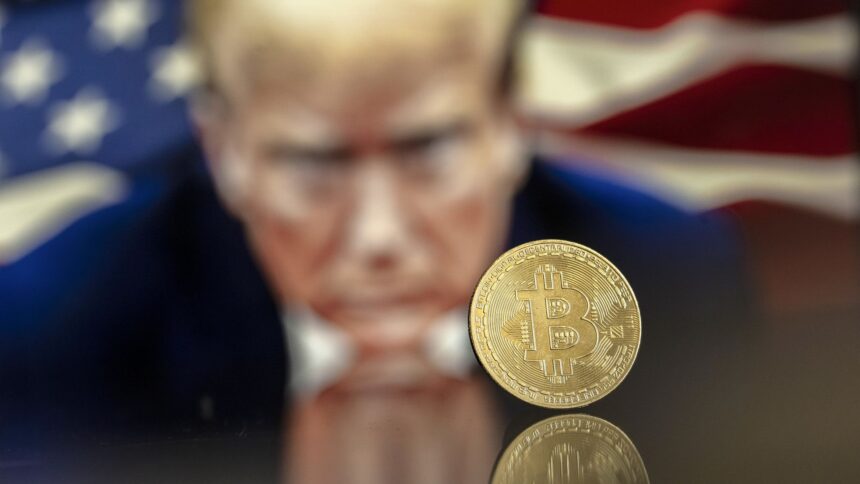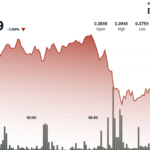President Donald Trump is venturing into the cryptocurrency space through a partnership with Crypto.com to establish a treasury-style company under the Nasdaq ticker MCGA, aimed at accumulating large reserves of Cronos (CRO). This initiative has generated a mix of excitement and apprehension among potential investors and industry experts.
Legal experts highlight the potential legal challenges associated with this endeavor. Chad Cummings, a CPA and attorney, warns that the structure of the new company may blur the distinction between promoting tokens and offering unregistered securities. Pooling significant amounts of CRO within a publicly traded framework could lead regulators to classify it as an investment contract; this could expose Trump Media to potential lawsuits and regulatory penalties if investors are misled regarding their expected returns.
Furthermore, the deal leverages a Special Purpose Acquisition Company (SPAC) model, which Cummings notes might pose risks for retail investors, such as dilution of shares and insufficient transparency. If the company does not provide clear information about the volume of CRO it plans to acquire, the identities of market movers, or the timeline for insider share sales, investors may find themselves at a disadvantage. Concerns about the actual availability of shares are also prevalent, as many could discover that the trading volume is significantly lower than anticipated.
Market manipulation concerns arise as well; Cummings points out that concentrated purchasing activities could manipulate CRO’s market price, misleading everyday investors regarding genuine market demand. This risk heightens if insider trading announcements strategically coincide with price spikes, which could misrepresent the value of both CRO and the MCGA stock.
The involvement of the Trump brand adds another layer of complexity. Cummings believes that the association might elevate legal and reputational risks, as regulatory scrutiny often intensifies for celebrity-backed ventures. However, Brian Rudick, chief strategy officer at Upexi, suggests that the Trump brand could also foster demand for CRO, given its planned integration into the Truth Social platform and backing by Crypto.com.
Nonetheless, should Trump or associated parties exploit any financial benefits linked to CRO without sufficient transparency, they could face legal repercussions under anti-touting laws. Experts urge investors to approach this opportunity with caution, treating both CRO and MCGA as highly speculative investments. Cummings advises that individuals should only invest amounts they are comfortable potentially losing and emphasizes the importance of thorough due diligence, including reviewing the S-4 registration statement and any related disclosures.
Investors who are optimistic about the future price of CRO and have disposable funds might still find it appealing. Given Cronos’ connection to Crypto.com, there may be significant growth potential. However, Rudick emphasizes that much of the excitement surrounding this venture is likely fueled by Trump’s involvement and the innovative integration of CRO into Truth Social.
In conclusion, the cryptocurrency landscape remains highly volatile, particularly outside of the top established tokens. As this high-profile venture unfolds, everyday investors should remain cautious and well-informed, recognizing the inherent risks involved.







